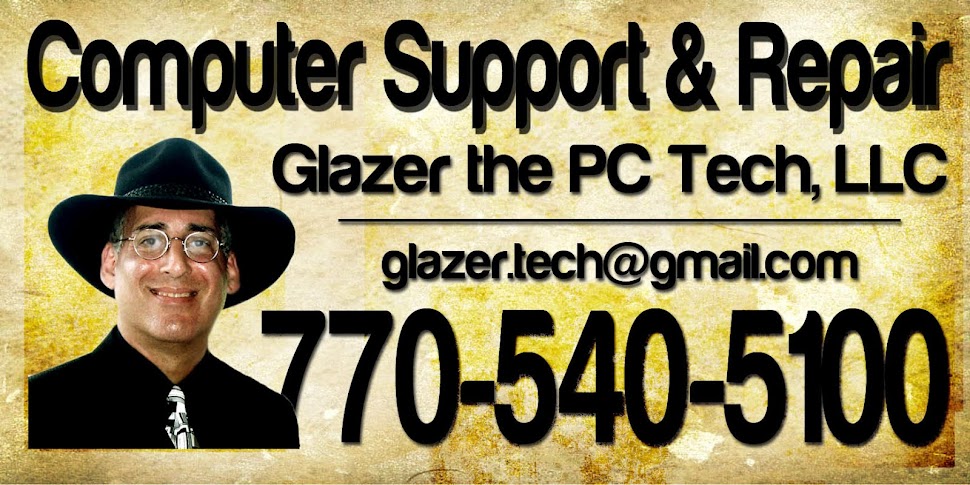Computer Care: Looking back through Windows, and what lies ahead | ||
|
POSTED: February 17, 2012 11:59 p.m.
|
It seems like I just recently upgraded my computer's operating system. Windows 7 came out in October of 2009, yet here we are with Microsoft announcing the release of its successor already, slated for the fourth quarter of this year.
That's about the same amount of time between the releases of Windows 95 and 98 and of 98 and XP. So I guess we are due.
Although XP is over a decade old, I along with millions of users still have it installed on a computer. As of eight months ago, 75 percent of businesses in the U.S. still used XP on their computers.
With 450 million boxes of Windows 7 sold, it only recently exceeded overall use over XP. In January, XP was reported to still have a worldwide market share of almost 50 percent.
I have XP Pro on my desktop and Win 7 on my laptop and am quite content with both installations. It's doubtful that I will jump on the Windows 8 bandwagon this winter.
Back in the early '90s, home computing really took off. Windows came out a decade before, but until version 3.0 or really 3.1, did it go mainstream. It was the first graphical user interface or GUI (pronounced "gooey") for the PC. Simultaneously, Apple had the MacIntosh.
Almost each new version of Windows brought novel innovations to the table. Windows 95 had Plug and Play, integrated Internet and showed us the Start Menu and Task Bar.
Win 98 introduced us to the Universal Serial Bus, better known as USB.
The Millennium Edition had but one use for me: I used the installation CD for a coaster. Aside from my beverage, all else on it was junk. I think Microsoft must have agreed, as it was gone as quickly as it appeared.
XP had a refined GUI, an easy to use Network Wizard, Media Player and Movie Maker. It was the first Windows to have wireless networking support.
The much-maligned Vista was next. They should have put a fork in it; it wasn't ready. Although high on security, it is slow on speed and is a clunky, overburdened operating system that manages memory poorly. Personally, I'd rather use XP.
Its successor, Windows 7 is everything Vista tried to be and wasn't. It was like going from black and white to color; from four cylinders to eight. It is smart, secure and stable; it is quick, easy to control and has cloud capabilities.
I enjoy Win 7 so much that I see no need to upgrade to 8 when it comes out. I'll wait until I get my next computer, which will have it pre-installed.
Windows 8, or Metro, as they are calling it, will still function with a mouse and keyboard, but will also offer support for tablets and other touch screens. It will supposedly be offered in various incarnations, depending upon the way you will be using it, touch or otherwise.
Picture your smartphone on steroids, 10 times the size for your next personal computer. But they don't stop there.
Touch screens are used from 4-inch smartphones to 60-inch classroom/boardroom presentation screens. You may have already seen these large displays on network news shows.
Aside for the business and home computer market, I believe we will see Microsoft give Android and Apple and run for the smart phone market with Windows 8 as well.
Currently, cell phone use is dominated by Android, which is a Linux-based operating system for mobile devices or iOS if you have an iPhone. Windows has a small share as does Blackberry, and a few others.
Almost 500 million smart phones were sold in 2011, so the market is rapidly growing with Microsoft and Android battling for placement in it.
Android and Linux are forces to be recognized. You may not see Linux-based PCs when you go shopping, but they are around. The Department of Defense and the U.S. Navy, as well as many municipalities, schools and businesses use it.
I tried Windows on my phone, but like Droid better. On my PC I prefer Windows over Linux.
The new version of Windows is supposed to have enhancements other than those for touch screens. It should run more efficiently, using less memory.
It will have a new user interface. The start menu will be gone, to be replaced with a tile-based grid of images including your applications and photos. To log on, you will click a series of points on an image, not unlike some smart phone logons we use already.
Much of what we will need will be a la carte via a Microsoft website, Window Live, rather than clog the operating system with things that we may or may not use.
Windows Live currently has a half billion accesses monthly.
It sounds like Windows 8 has gone through a major overhaul, but until I find myself showing up at clients' homes with my touch screen tablet computer, I'll think I'll stay with Windows 7.
Arthur Glazer is a freelance writer and computer technician in Gainesville. His column appears biweekly on the Business page and on gainesvilletimes.com.
|

